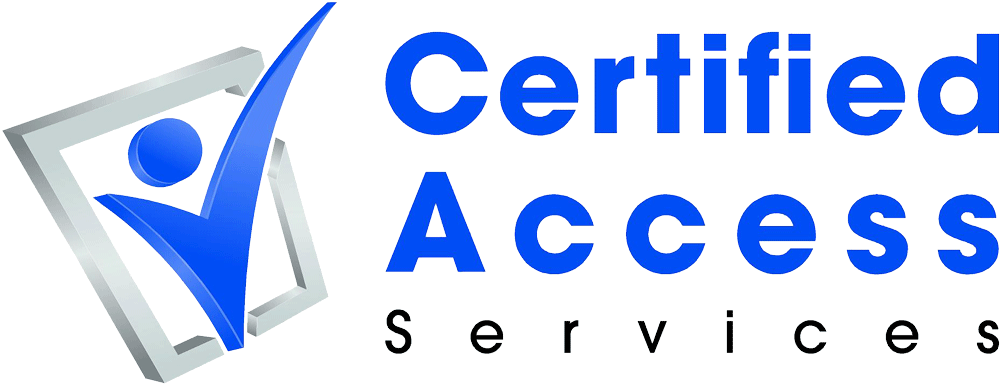Open Air Dining and Curbside Pickup
/Restaurants Adapting to COVID-19
Many cities are allowing restaurants to use the parking spaces and sidewalks in front of their restaurants for open-air dining. In addition, restaurants and many other businesses are providing curbside pickup. For temporary setup of facilities, it is important to keep in mind the requirements under the Americans with Disabilities Act as well as the California Building Code.
The California Department of General Services in conjunction with the California Commission on Disability Access has created a document to assist restaurants with with disability access considerations for temporary dining. Click Here to download the full document.
Below are the highlights:
Disability Access Considerations for Temporary Exterior Dining
Accessible parking must be maintained and available if parking is provided
All dining areas, including temporary dining must be provided on an accessible route. If step or curbs are used to access as dining area, a secure ramp is required.
A minimum 5% of seats in each dining area must be provided.
A 48” clear accessible route must be provided to all exterior accessible seating.
Use high contrasting floor markings (if provided).
Consider having an employee deliver directly to the customers vehicle.
Prepare reasonable accommodation request procedure for deaf and hard of hearing individuals.
Remind staff that service animals are always permitted on the business premises.
Be aware that local requirements may have additional accessibility requirements. It is strongly recommended that you contact a CASp for assistance.
We recommend contacting our CASp Experts to evaluate your restaurant to ensure that it is compliant with the complex federal and state standards that apply to your business.
Click Here to receive a free estimate for a CASp Inspection.
